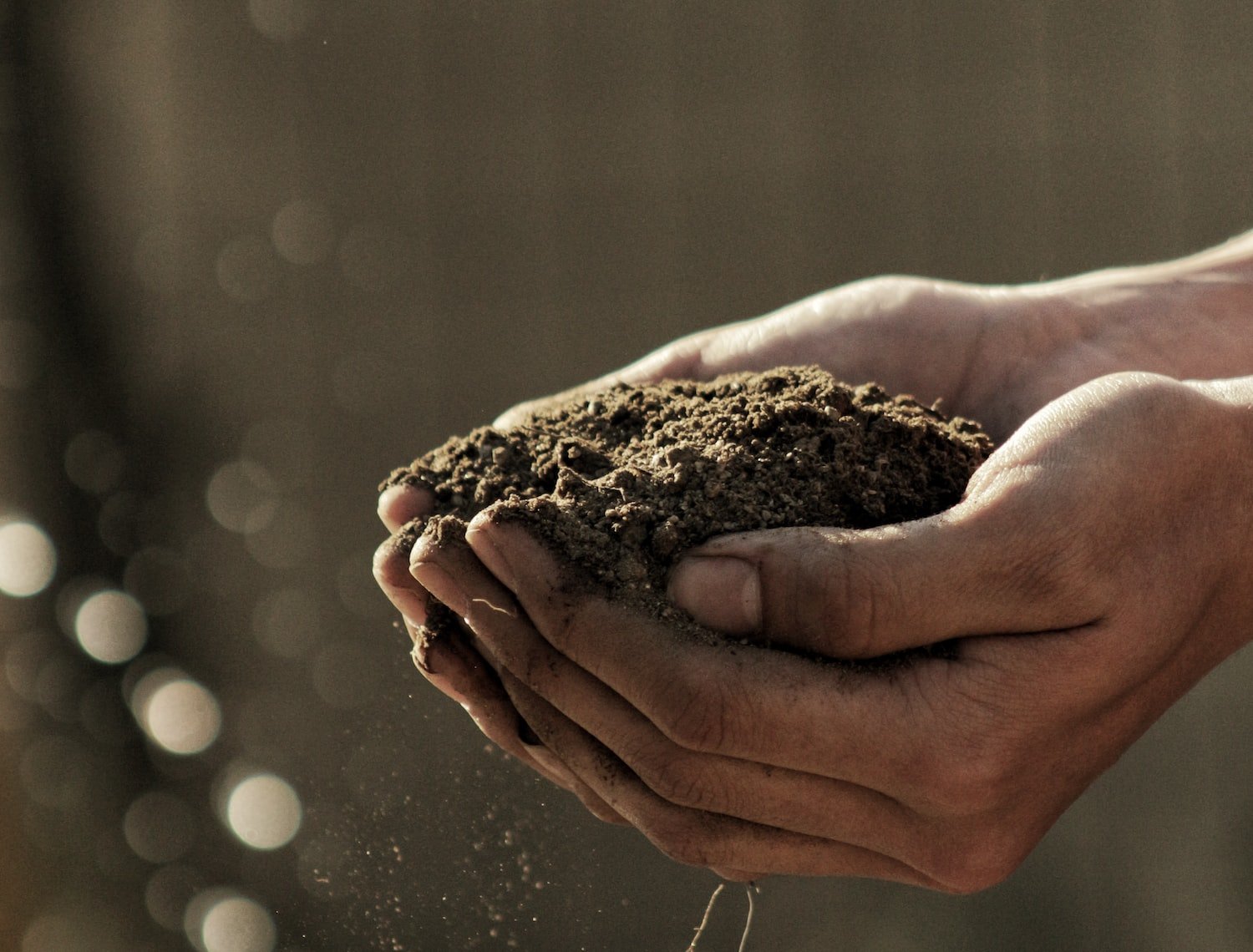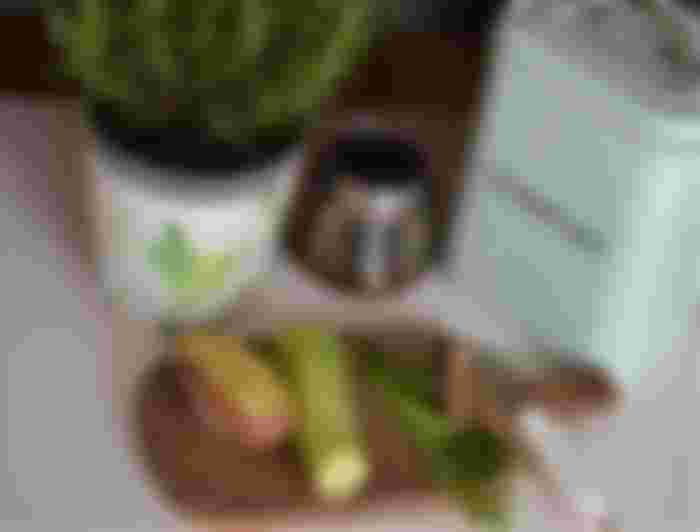Reduce Waste by Starting a Home Compost

A compost is an easy way to reduce your individual impact on global food waste. About 28% of the waste that ends up in landfills can actually be composted. But if food decomposes anyways, why bother with setting up a compost? When your food ends up in a landfill, it gets trapped under a mountain of other junk, forcing it to decompose through anaerobic decomposition. This process releases the greenhouse gas methane. Methane is 36 times more harmful to the health of the planet than carbon dioxide. However, composting, when done properly, allows for aerated decomposition, preventing methane production.
Though most people get discouraged by the perceived difficulty or bad odors associated with composting, here is a simple guide to composting and how you can help our planet’s (and your) health.
My father actually has told me lots of stories about how, growing up, he had a
Things to Avoid
Firstly, some things that you should always try to avoid composting
Meat
Feces
Onions
Diseased plants
Weeds
Plastic
Meat tends to draw unwanted attention from wild animals and other pests. On the same topic, while you can compost onions, they are typically too potent of a smell. However, some composters are designed to be able to handle this.
Feces release excessive amounts of heat and nitrogen, destroying the compost. Diseased plants may still be infected and will allow those problems to spread to future crops. Some commonly diseased plants include potatoes due to blight or root rot.
Ways of Composting
Pile or bin

The most straightforward style of composting is adding food scraps into a pile or large bin along with some dried leaves or shredded brown bags. The food scraps are known as “greens” or nitrogen-rich whereas leaves and paper are carbon-rich “browns.” A good compost has a mix of greens and browns to allow for optimal conditions. A good ratio is 2:3 browns to greens.
The most important thing is to ensure the pile doesn’t dry up or lose its air circulation. Not only would that defeat the purpose of composting at home, but it’ll also lead to a higher risk of unwelcomed odors.
As your compost begins doing it’s job of breaking down all the scraps in it, it’ll heat up. Though it’ll not be enough to decompose things like compostable foodware or bags (so don’t add them). Twigs and wood chips will help to absorb liquids and circulate at the base but you should still mix the compost from time to time to encourage more air exchange.
To keep out unwanted pests like rodents, be sure to cover the top, if possible, and ensure all holes are smaller than ¼ inch in diameter.
When the odor has gone away, the compost is done and ready to be used!
Vermicomposting

A second way of composting is vermicomposting, a form that uses worms to help break things down. It’s important that you do this in a bin with a secured lid. The worms you use should be specifically for this purpose, not the ones you may find as food bait or even the standard worms in your garden.
Keep your compost in a comfortable, shady place such as under a sink or in a closet or basement. It is also important that, since you’ll be using living creatures, you set down a “bedding” of soil and non-coated newspaper to feed the worms at first. Then, add scraps mixed with browns regularly. The worms will go through all of it fairly easily.
Unlike the “throw it in a bin” style you don’t need to wait for the temperature to come down and it’s pretty automatic as you don’t need to worry about stirring the mixture from time to time.
Overall, hopefully you’ve now been able to recognize the imporance of composting but feel like you’ll be able to begin making a positive dent on your personal impact on the planet!
Find this on my Medium!

